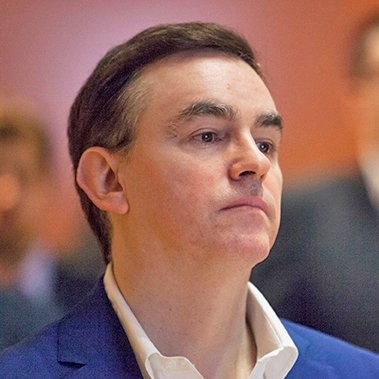
Your weekly guide to Sustainable Investment
TBLI Radical Truth Podcast

Introducing Web3 - broken dreams ahead or a new paradigm? with Eddy Travia
Welcome to TBLI Radical Truth, the podcast that cuts through the hype to uncover the real forces reshaping finance, technology, and society.
In this episode, we sit down with Eddy Travia, CEO of Coinsilium and one of the earliest pioneers in blockchain venture capital. Recognized as a top-3 “Most Influential Investor in Blockchain” by Rise in 2014, Eddy has spent over a decade at the forefront of digital assets, decentralized finance, and Web3 innovation.
In “Introducing Web3: Broken Dreams Ahead or a New Paradigm?”, we explore the promises and pitfalls of the next internet revolution. Is Web3 destined to repeat the same extractive patterns of Web2—leaving broken dreams and failed ventures in its wake? Or can it truly deliver a new paradigm of decentralization, ownership, and inclusion?
With his unique vantage point as an investor, advisor, and ecosystem builder, Eddy brings unfiltered insight into what’s real, what’s noise, and what’s next for Web3.
TBLI Virtual Mixer

Tired of endless conference travel and empty networking?
Our exclusive TBLI Virtual Mixer is your direct pipeline to the future of sustainable investment.
Join us on August 29th at 16:00 CET for a powerful, efficient experience designed to connect you with top-tier ESG and Impact Thought Leaders. All you need to do is log in, and our smart networking engine will effortlessly facilitate multiple, meaningful one-on-one conversations.
Don't miss this chance to gain unparalleled access and build impactful relationships from the comfort of your own desk.